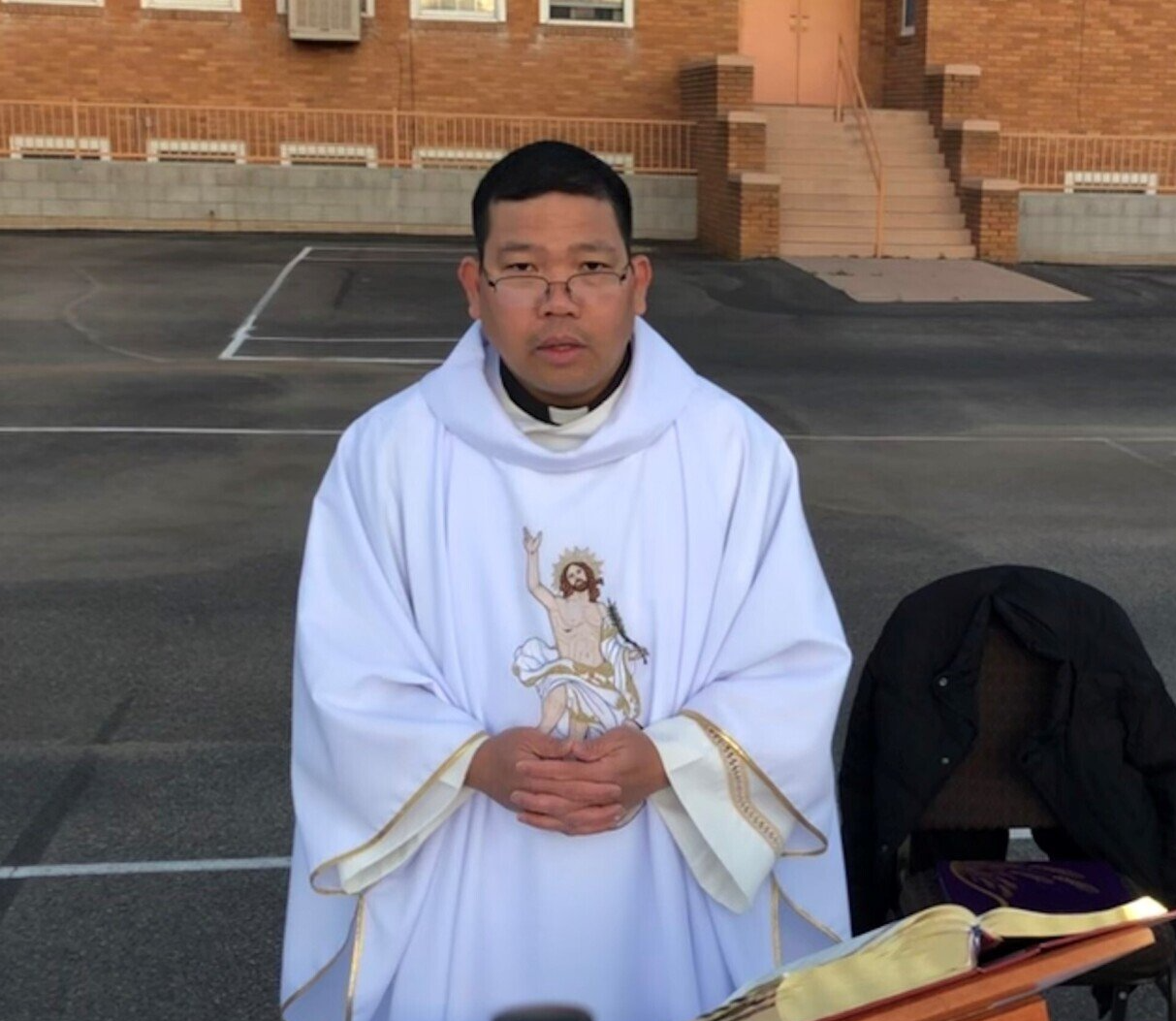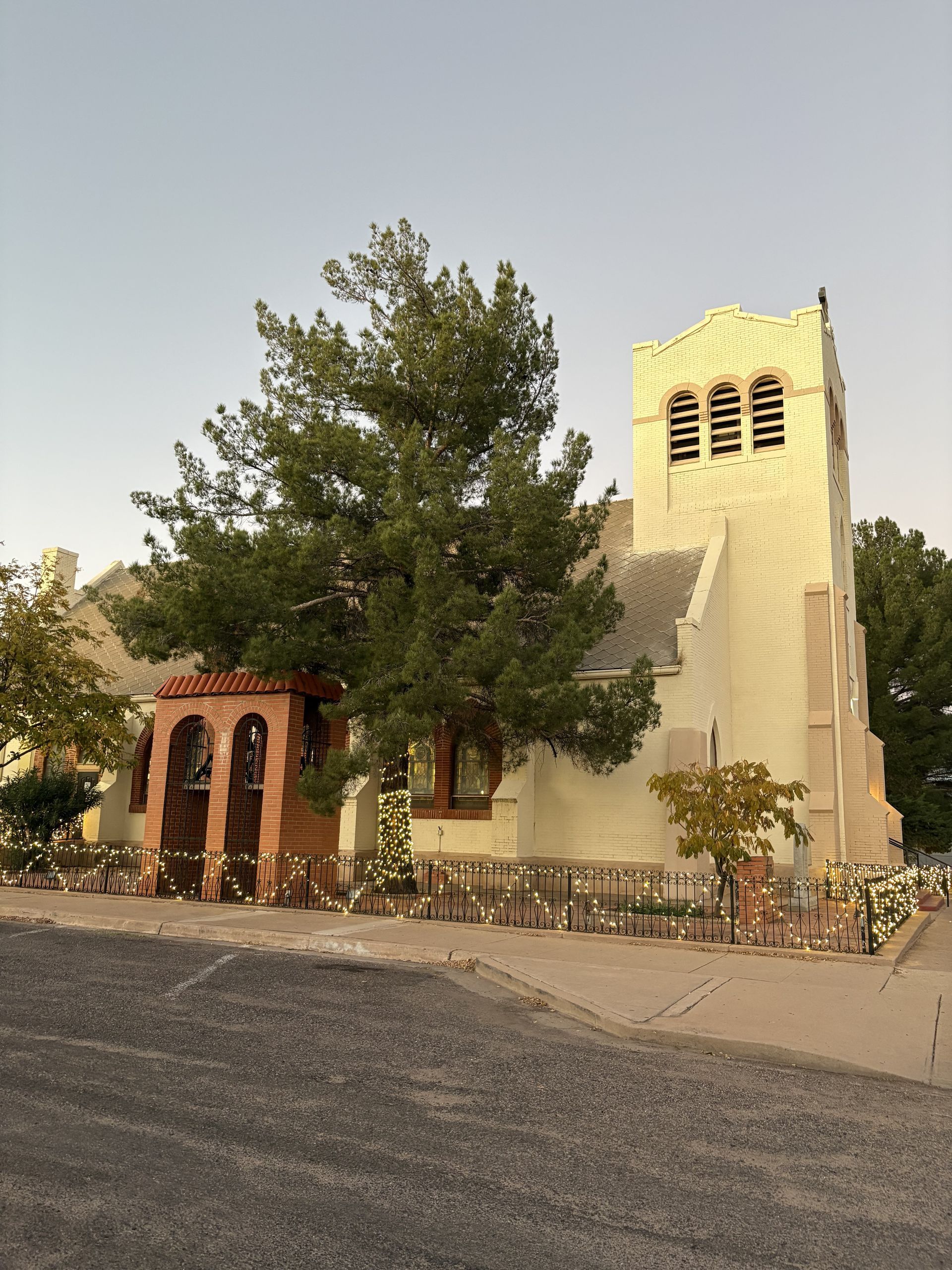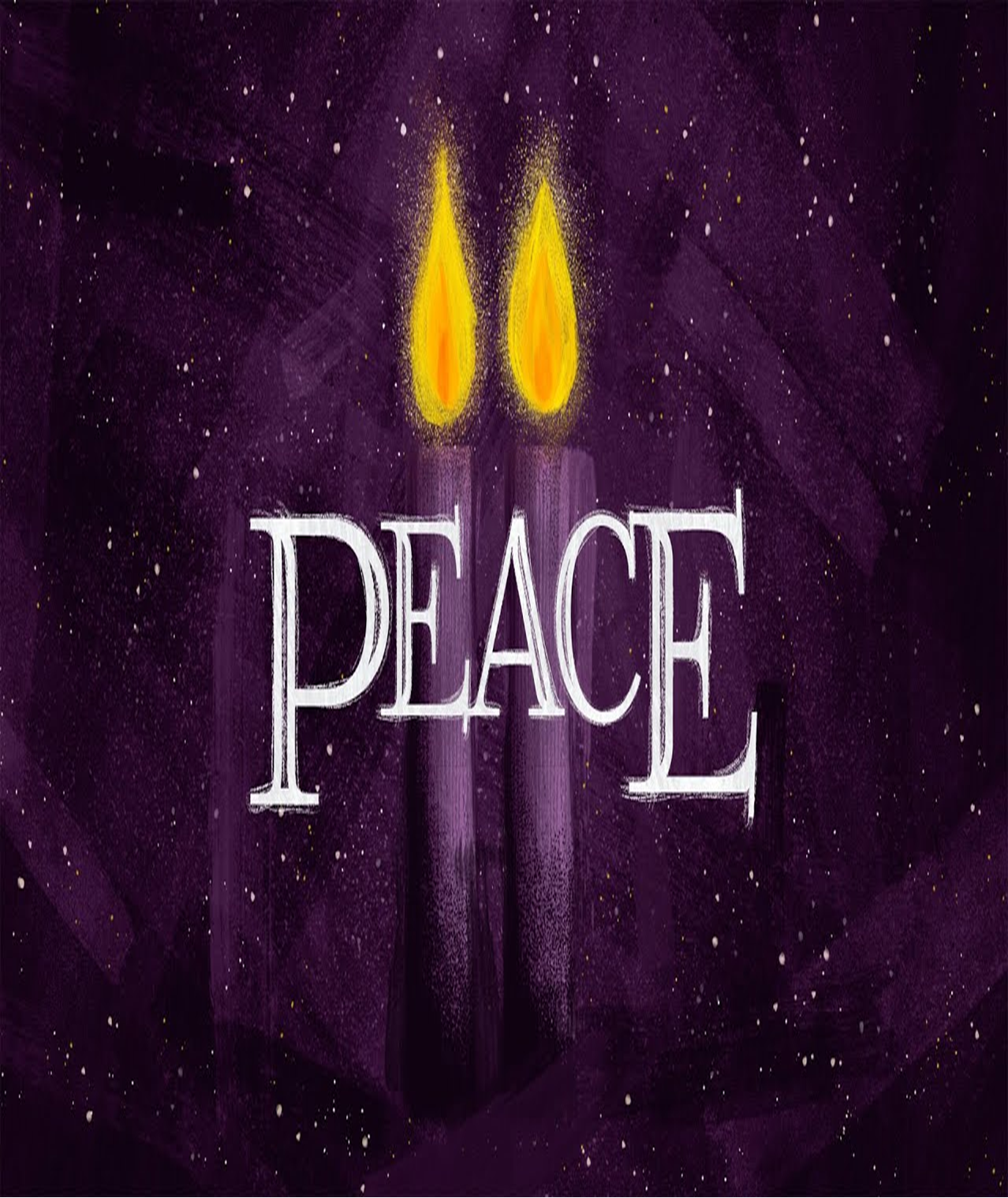The Bible is God's love
As we devote the third Sunday in Ordinary Time (within the week of prayer for Christian Unity) as the Sunday of the Word of God, it is apt to begin with the church’s teaching on the written word, which recognizes a much broader perspective that is, Divine Revelation (as more than just the bible – written text). Divine Revelation is God’s personal engagement and constant dialogue with the created universe, the material world. The bible didn’t come straight from heaven. The scriptures are not simply handed writings devoid of any sort of personal touch and contact. Christianity is a religion of the encounter with the Word and the person of Jesus Christ and not of the book. The word (logos) is the incarnate living word of God that existed before time. God’s self-revelation is more than just revealing his verbal message to humanity but rather, it is best described as the entire process by which God reveals and expresses himself beginning with creation that is, everything that exists in the universe, from inanimate objects to the surrounding environment such as plants and animals, now called, nature. God also revealed himself to humanity whom he created in his own image and likeness, the masterpiece of his creation, and to the people of Israel, our ancestors in faith, the chosen people, whom he taught to know and worship him. These sacred encounters in many instances through various means of communication have been passed down orally and verbally as recorded in what is now called the Hebrew Bible (the Old Testament). Finally, the fullness of God’s revelation was completed through his son Jesus Christ - the word made flesh (John 1:14), whose redemptive words and actions, life, and ministry, saved humanity. Following God’s revelation carried out through series of events, comes the transmission of Divine Revelation, understood as the process by which God’s revelation is transmitted, handed down and passed on (Latin, tradition). This is very complex as it includes the historical events from the patriarchs, prophets, kings, and the entire people of Israel to Jesus Christ, Apostles, and disciples. Oral traditions deal with the stories about the past which include the teachings of the elders which have been passed down from one generation to the next. Written tradition refers to the written documents of Moses, prophets, and teachers of Israel as well as the recorded Gospels, letters, and other writings by early Christian leaders. Canonization and Interpretation understood as the transmission of God’s revelation is also part of Tradition because divine disclosure didn’t end with the composition of the written word but continues in the life and activity of the church such as the careful collection and canonization of the Old Testament and New Testament as well as the ongoing teaching (Catechesis), interpretation and application of God’s revelation in the lives of individuals and communities throughout the centuries.
Only after a brief overview of Divine Revelation and Tradition can we come to a proper understanding of the bible, the sacred scriptures. And now, we clearly see the connection between Revelation, Tradition, Scriptures. Scripture and Tradition are not opposed to each other. They are not separate entities. Scripture is part of the larger reality called Tradition, the transmission of Divine Truth which flows from Revelation > Tradition > Scripture. Although Scripture contains Revelation, not all of God’s revelation is recorded in the bible because God continues to reveal himself in the liturgy, nature, and various peoples at different stages in history. The bible is a crystallization of what happened in the past. But undeniably, the bible contains the constitutive element and core of revelation such that no other revelation could change or contradict what God teaches us in the Old Testament (Hebrew Bible) and New Testament, the written word. The bible contains all the truths necessary for our redemption and salvation. We don’t seek or need any other revelations to supplement what is found in the bible. The Word of God is not only the bible (the written text) but is Jesus Christ. The Bible is not the most important part of Christian faith but Jesus Christ who came before the scriptures were even written. In fact, the church came before the bible. Not only did the oral preaching of the Apostles precede the writing of NT and the early church also determined the canon of the bible and not several centuries thereafter for example, the popular notion that the Council of Trent was responsible for the canon of the scriptures. It is noteworthy that divine inspiration contrasts the fundamentalist (literalist) view of the bible which reduces the biblical writers to dictation machines. God is the author but not in the sense of word for word dictation. God is the author although he used human writers to compose them. The human authors wrote under the inspiration of the Holy Spirit. They had the freedom to write but only in so far as they were under the influence and guidance of the Spirit.
The bible is the word of God written in human languages ancient and unknown to many of us. The human authors didn’t merely write the words whispered on their ears, but they used their talents and abilities to produce the text. In the process of interpretation, we must take into serious consideration the limitations of human languages that is, the challenges of translation from one (ancient) language (Aramaic, Hebrew, Greek, Latin) to another (English and Spanish) but also, the literary forms and modes of expression used by human authors in their respective socio-cultural settings. Finally, the role of the Holy Spirit is indispensable in the composition otherwise, anyone would run the risk of limiting the scripture to the written text alone. God continues to engage with us in dialogue even outside the written word. God was active in all stages from beginning to present.
In the opening verses of the gospel, Luke tells us the background, “Since many (previous authors – biblical writers) have undertaken to compile a narrative of the events (Revelation) that have been fulfilled (completed) among us, just as those who were eyewitnesses from the beginning and ministers of the word have handed them down (Tradition) to us, I, too have decided, after investigating everything accurately anew, to write it down in an orderly sequence for you, most excellent Theophilus (literally translated, lover of God (dedicated in a general sense, community or individual) but also, financial patron, a benefactor), so that you may realize the certainty (inerrancy of the truth of the scriptures) of the teachings you have received” (Luke 1: 1-4). These opening lines incorporate Revelation-Tradition-Scripture as closely intertwined. God acts in human events. We endlessly gaze into the ordinary turning into something spectacular such as water into wine, healing of the blind, raising of the dead, walking on the sea, resurrection, etc.
Today, this scripture is fulfilled in your hearing (in your ears). Right now. At this very moment, every time we open our ears and listen to the affirmation, the Word of the Lord, we are moved by the intensity of the Word (dabar) which requires a response. Jesus is the speech. Jesus is the word of God, proclaimed, heard, lived, and encountered impressed on us in the liturgy where God pours the fullness of his life. The church, the gathered assembly, is built upon the word of God (Verbum Domini). Amen.




